US, UK and Australia Security pact triggers condemnation
A new security pact involving the United States, Britain and Australia has triggered controversy and condemnation. The US and UK announced this week that they will provide Australia with advanced technology to build nuclear powered submarines.
Based on their agreement, Australian naval forces will have atomic submarines that are much faster as they use nuclear propulsion systems and harder to detect than conventional fleets.
They can spend months submerged and target longer distances with their missiles. The leaders of the three countries hailed the new deal as a step that will make it easier to counter threats in the Indo Pacific region and repeatedly cited regional security concerns, which they said had grown significantly.
None of them mentioned China, but the move has been widely viewed as an initiative to counter Chinese influence in the region, including the contested resource rich South China Sea.
Well there are two elements here. One is the fact that this alliance could be a new version of NATO for Indo Pacific region, and the other is that this purchase of nuclear powered submarines could be an initial step to transfer more technology to neutral security to Australia, maybe in the long term heading Australia to nuclear bomb capacity.
Angelo Giuliano, Journalist, Political Analyst
The United States and its allies make no secret of their intensified efforts to contain the growing Chinese influence and power in the region. Many observers believe the newly announced deal is in line with those efforts.
Meanwhile the development is expected to further sour relations between Beijing and Canberra. In recent years, political tensions have grown between the two over a number of issues, including Australia stance against Chinese telecom giant, Huawei.
Chinese Foreign Ministry spokesman, Xiao Li Xiang, criticized what he called the US side alliance's obsolete cold war mentality and warned the three countries against moves that would hurt their own interests. Some Chinese media outlets went so far as to say that Australia had now turned itself into an adversary of China.
Meanwhile, China was not the only party infuriated by the new security pact. France condemned it too.
Australia will now scrap a deal with France to buy a dozen conventional submarines worth tens of billions of dollars.
France's Foreign Minister, Jean-Yves Le Drian, called Australia's agreement with the USA and the UK, a stab in the back. Le Drian said the development underscored the need to bolster a "European strategic autonomy".
The United States and arch rival China may have toned down their rhetoric against each other, but tensions between the two superpowers are simmering as they remain deeply engaged in an intense global rivalry.
There are many flashpoints in their testy relationship including tensions in the South China Sea and the issue of Taiwan.
America has made it clear that its military will maintain a strong presence in the Indo Pacific region where it has been trying to contain the growing influence of its arch-rival.
America seems determined to follow policies aimed at containing the Chinese influence worldwide, however, with China absolutely unwilling to back down, tensions are expected to mount in the coming years.
'This is cruelty, not war,' Pope Francis slams Israel's brutality against Gaza children
IRGC intelligence forces bust Takfiri terrorist team in western Iran
Syria’s de facto new ruler names Asaad al-Shibani as foreign minister
How 8-year-old Lebanese child Fawaz nixed Ben Gurion’s 76-year-old fallacy
VIDEO | 700,000 Cubans rally at US embassy in Havana against trade embargo
Iranian embassy staffer assassinated by terrorists in Damascus
VIDEO | Press TV's News Headlines
Scandalous detention of Iranians by US to extort information


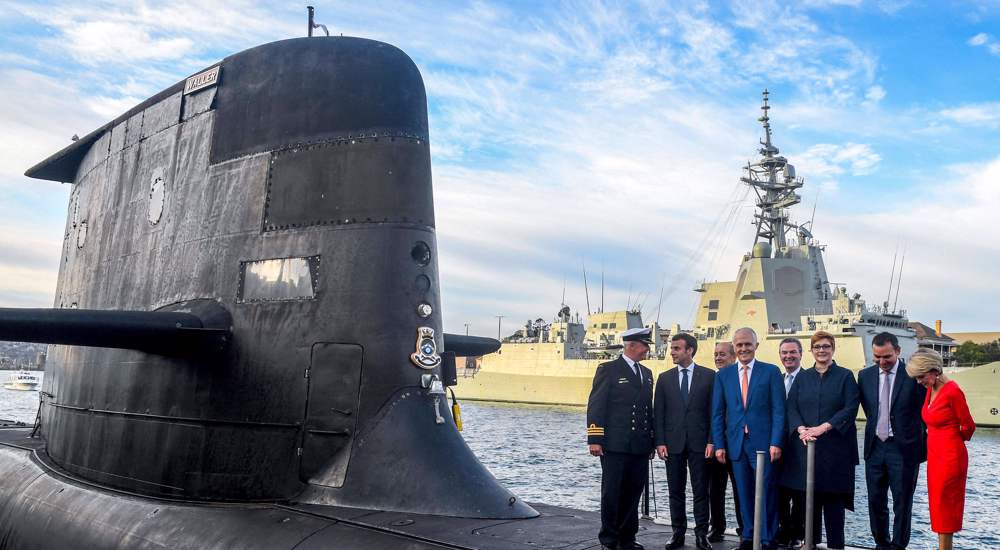

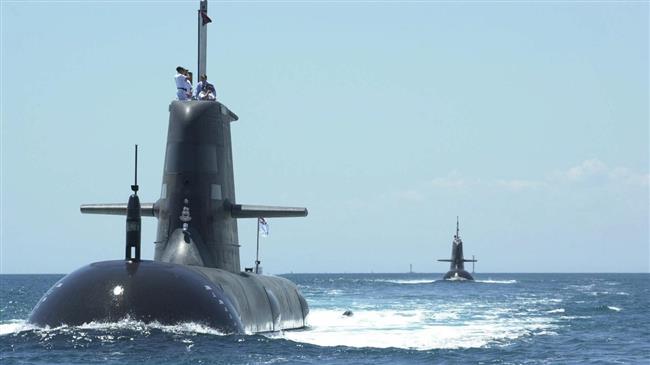
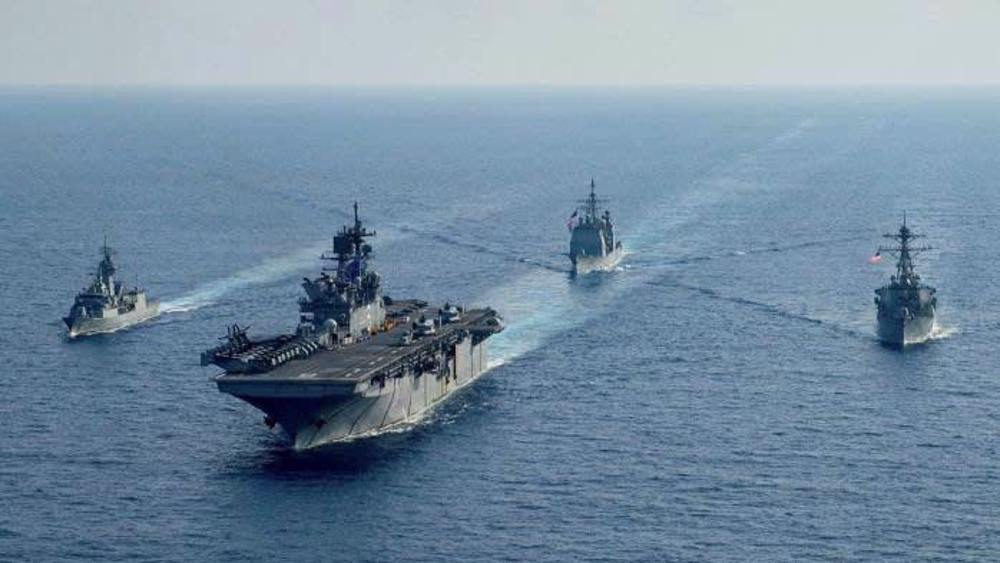
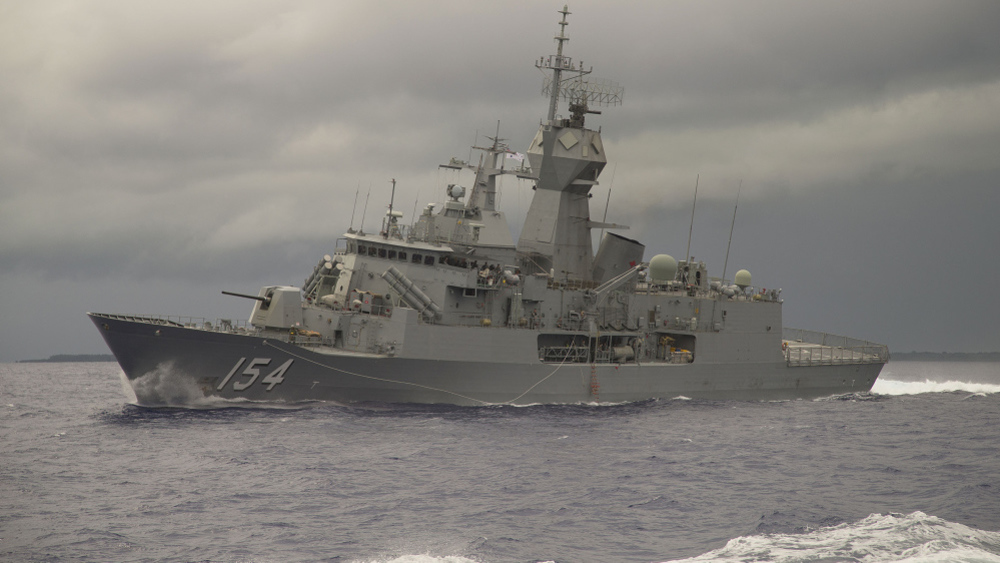
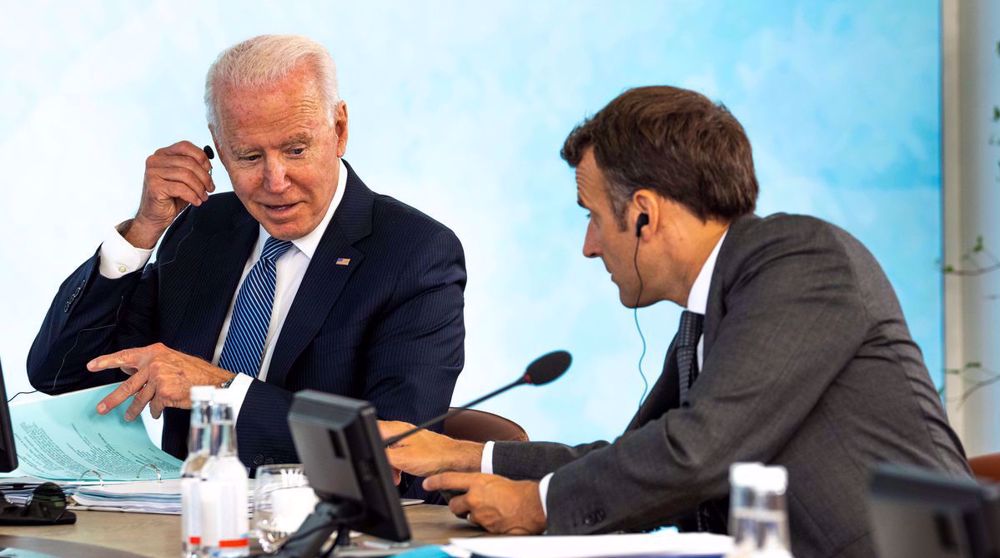






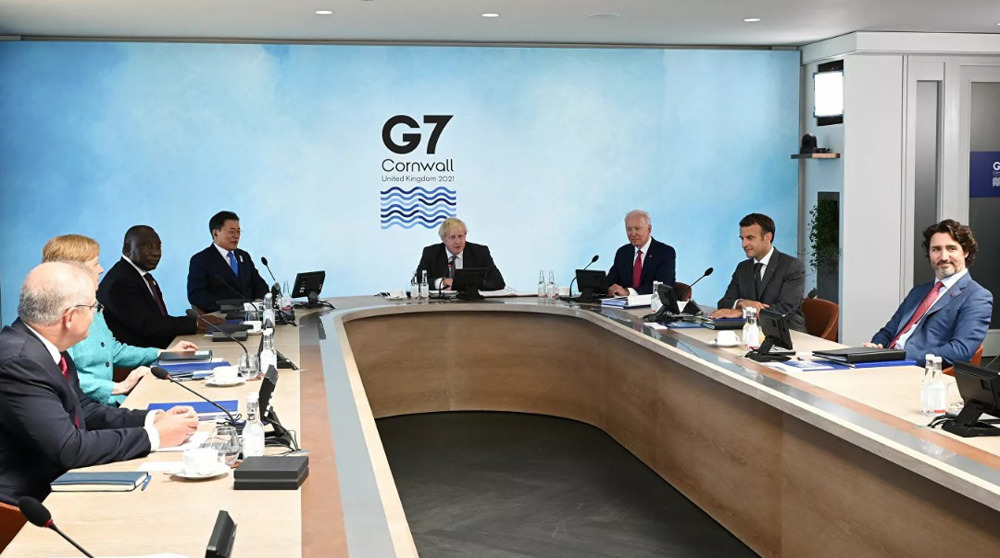
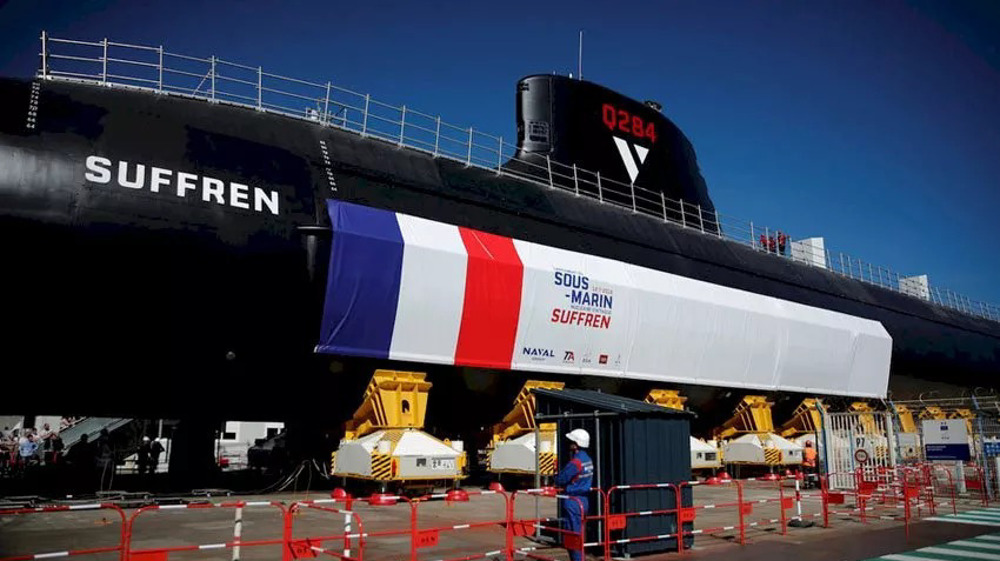
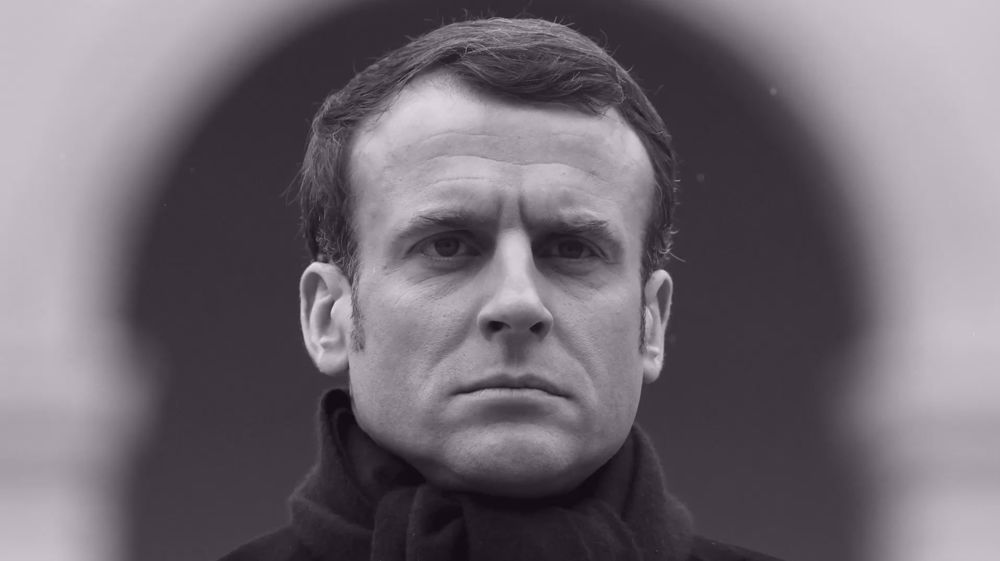


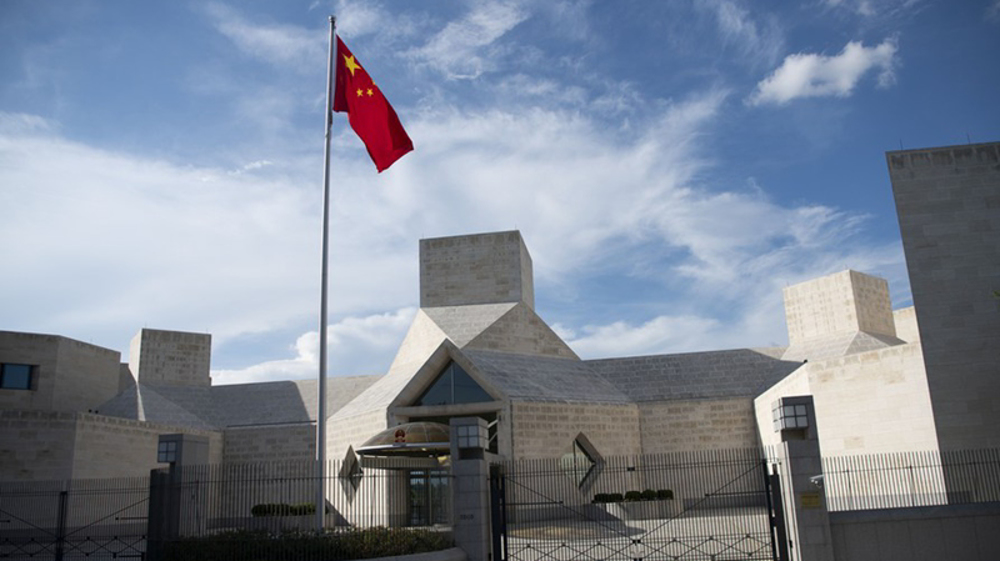

 This makes it easy to access the Press TV website
This makes it easy to access the Press TV website